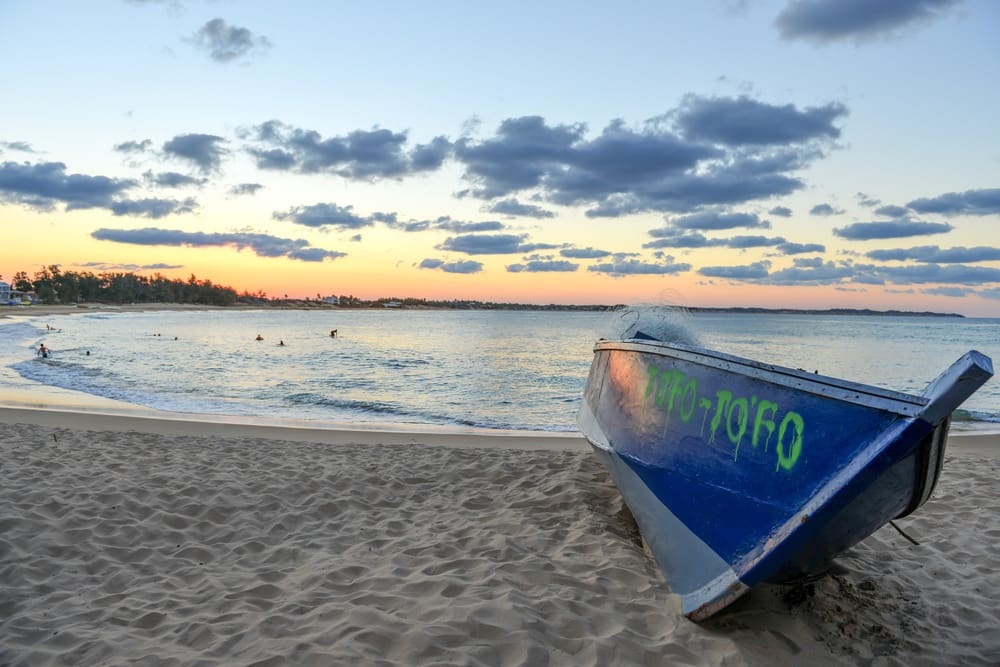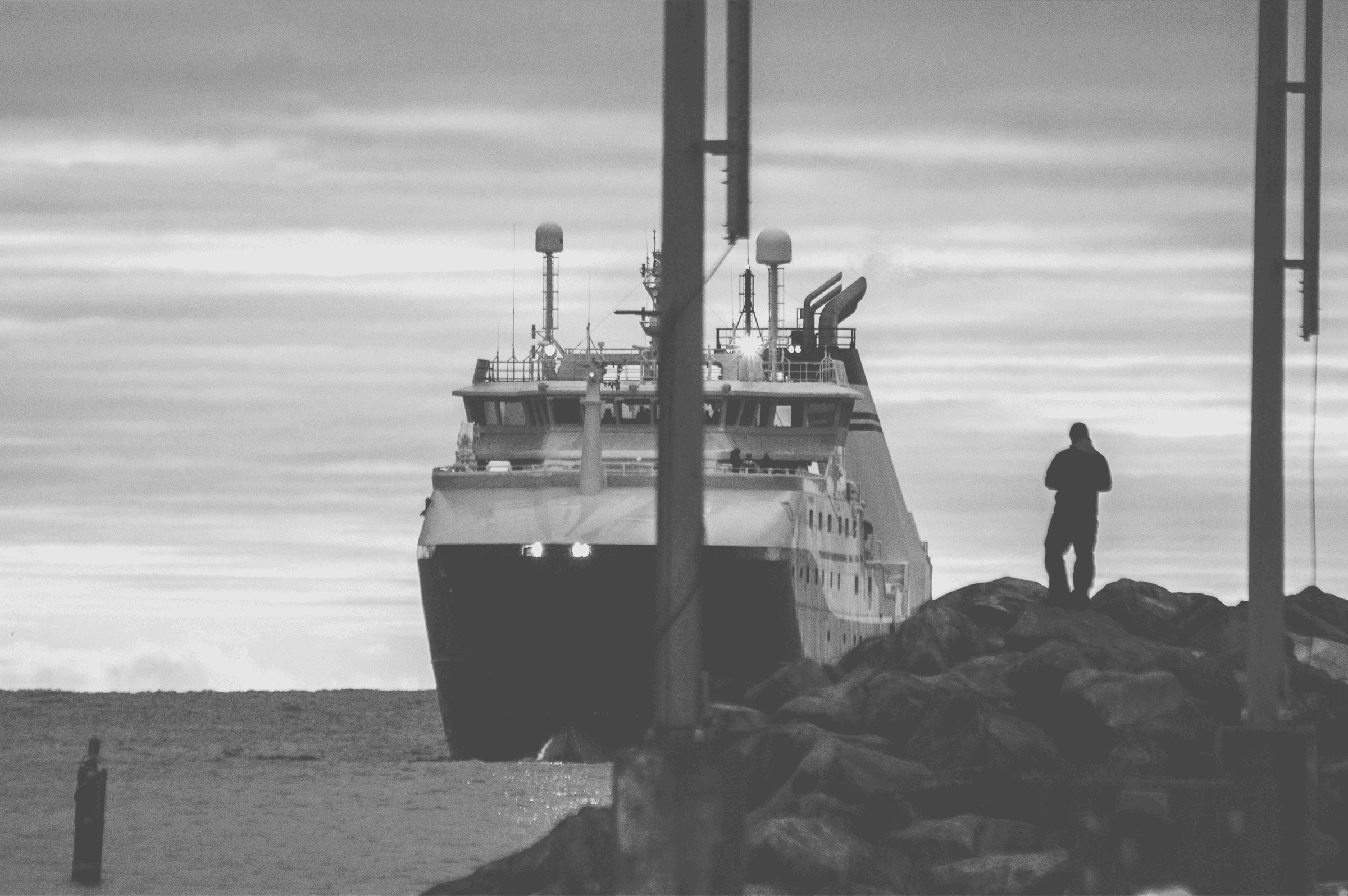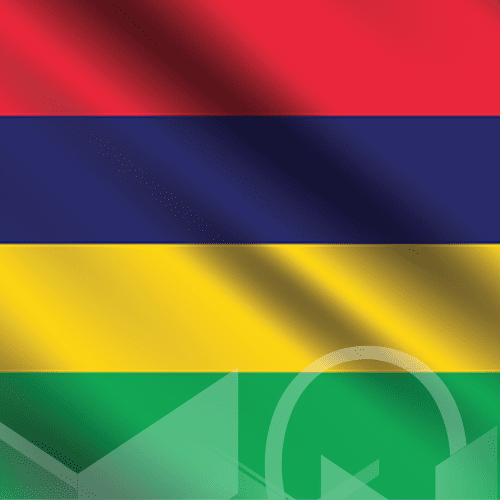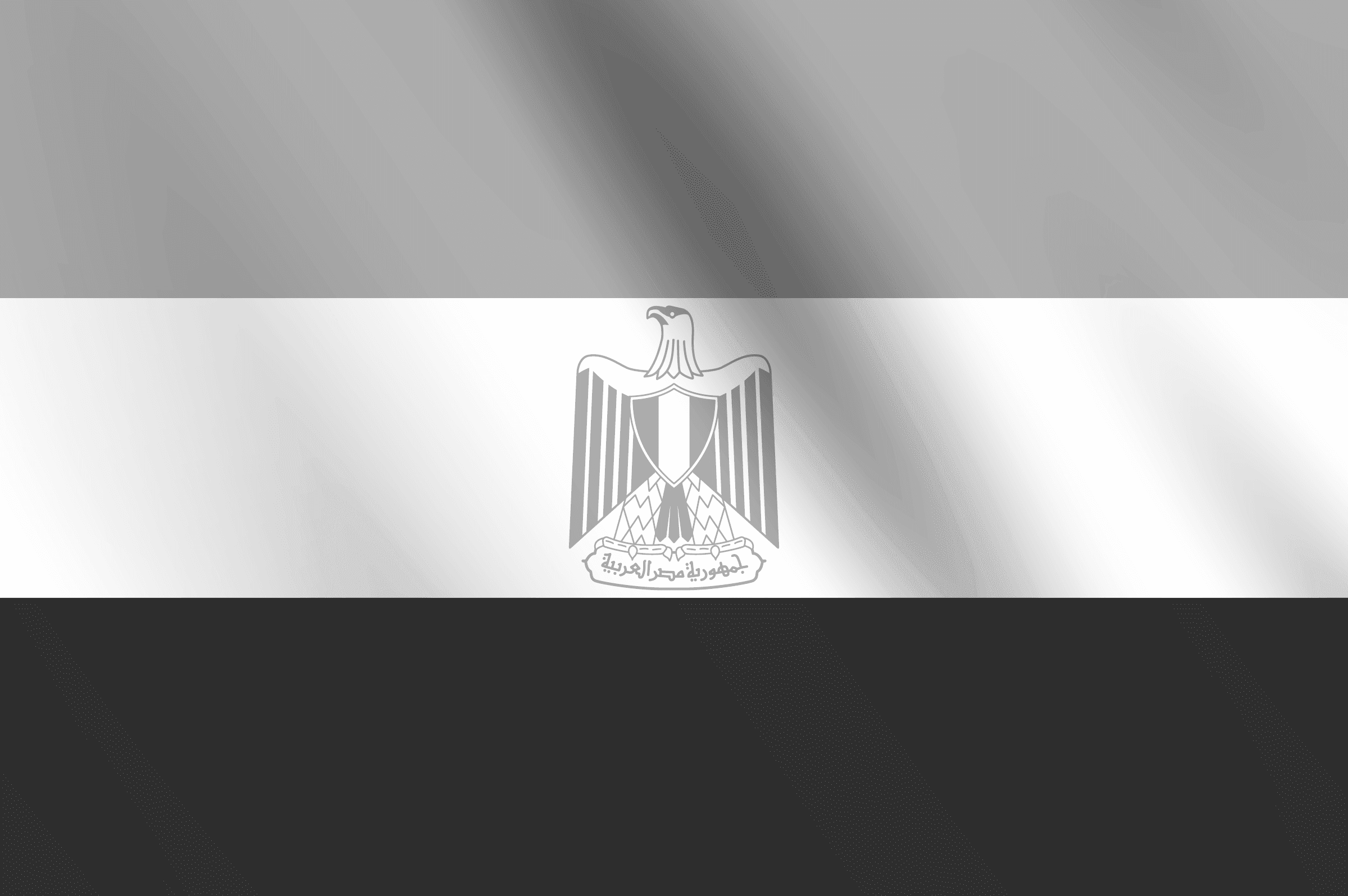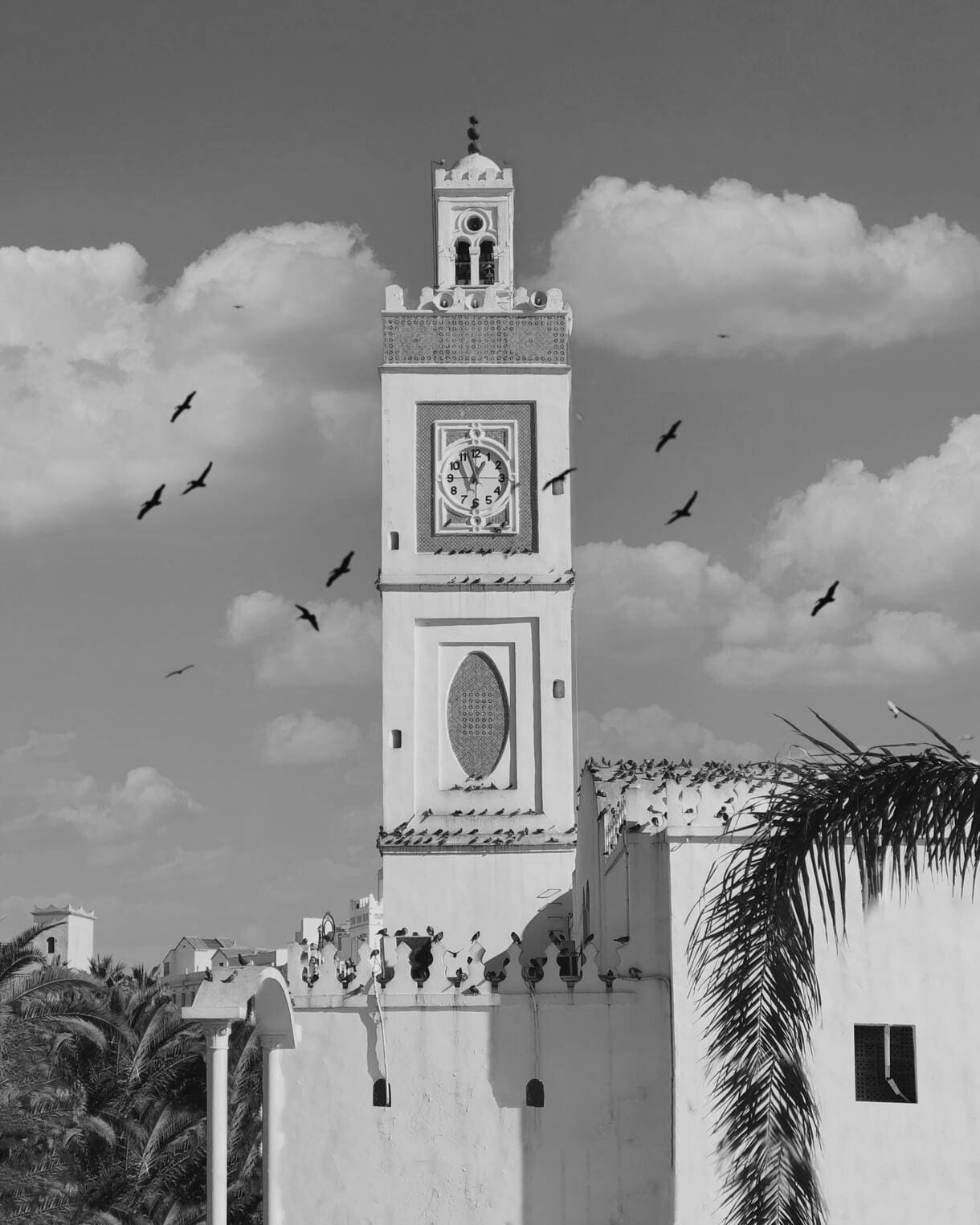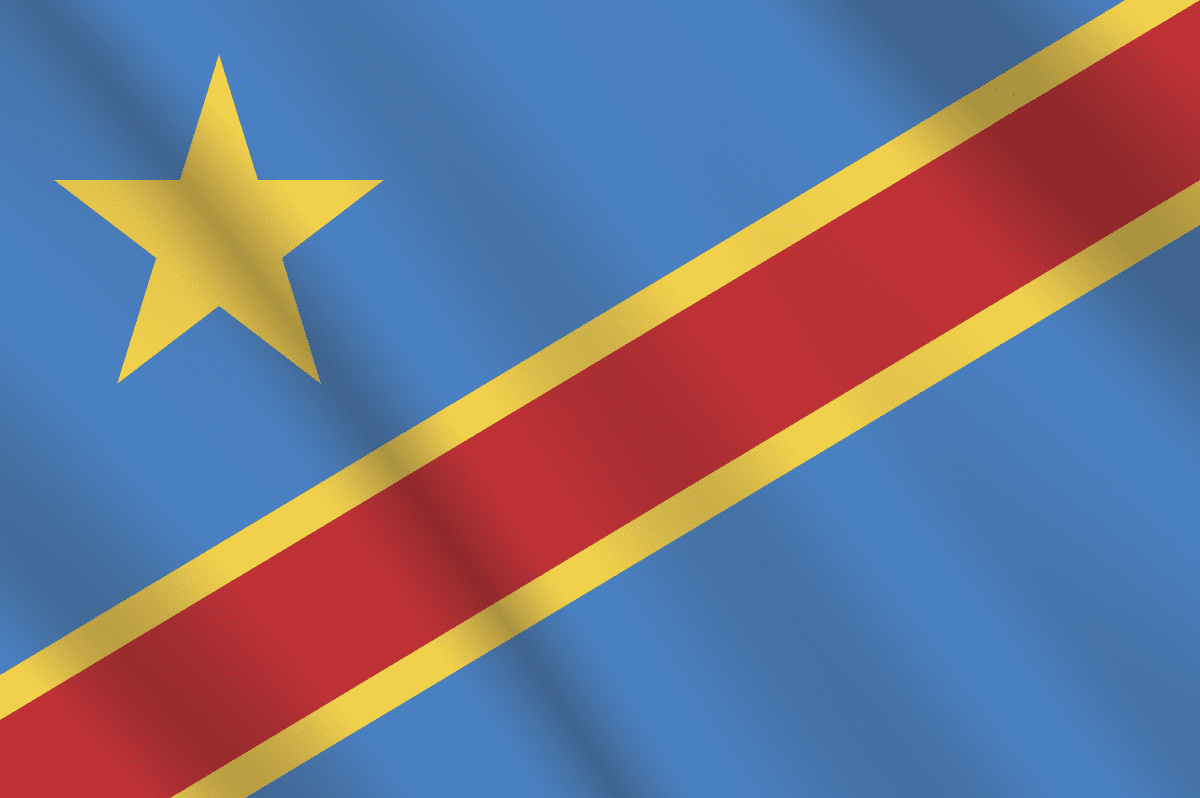Blog
Administrative and support activitiesMozambiqueTransportation and storage
Boosting Mozambique’s Tourism Through Sustainable Practices
Contents [hide] All countries want inbound tourism, which contributes to GDP. In Mozambique, tourism accounted for 3.71% of GDP between 2016 and 2020 when it welcomed an average of 2...
ConstructionMalawiManufacturing
Opportunities for the Cement Industry in Malawi
Contents [hide] The WOW report on the Manufacture of Cement in Malawi demonstrates that the country has the material required to produce cement and the labour force necessary to carry...
Mining and quarryingSouth AfricaSouth Africa
South African Mining Industry Trends Report – July 2022
The minefield that is a goldmine? Contents [hide] How did South African Mining do? The SA Mining sector contribution to the economy The SA mining sector’s resilience over time What...
Mauritius
Mauritius Snaphot
Mauritius is an island nation of 1.3 million people with a GDP of US$13.5bn. It has previously been a colony of France and the UK, and to quote a resident,...
Egypt
Egypt-Snapshot
Egypt is situated in North Africa with 2,900km of coastline on the Mediterranean Sea, which links to the Red Sea through the Suez Canal. With GDP of US$363bn in 2020,...
Algeria
Algeria – Snapshot
Algeria is a North African country with a 1,600km coastline on the Mediterranean. It has a GDP of US$145bn and a population of 44 million of which just over 500,000...
Democratic Republic of the Congo'
Democratic Republic of Congo (DRC)
The Democratic Republic of Congo (DRC) has a GDP of US$55.09bn and a population of 89 million people, and has a surface area equivalent to that of Western Europe, making...
South AfricaTransportation and storage
The great boon to Freight forwarding with the implementation of the Africa Continental Trade Area (AFCFTA)
The freight forwarding business is the thread that runs through most supply chains. It connects individual chain elements, from manufacturer to consumer, whilst these individual elements have their own separate...

